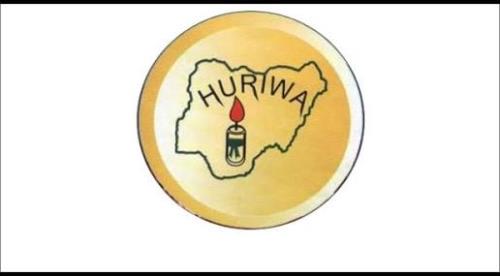Ghana's GH¢6.5 Billion Decentralisation Push: Expert Warns Against Misuse of Local Funds | News Ghana
As Ghana prepares to inject GH¢6.5 billion into its 261 Metropolitan, Municipal, and District Assemblies (MMDAs) next year, a governance expert is calling for stricter safeguards to ensure the funds catalyze meaningful local development rather than disappear into administrative overhead.
Dr. Richard Abankwa Agyepong, a senior lecturer at the University of Education, Winneba, argues that the District Assemblies Common Fund (DACF) allocations—averaging GH¢25 million per assembly—must be ring-fenced for high-impact economic infrastructure instead of being diluted across scattered initiatives. “This isn’t petty cash for routine operations,” he told The High Street Journal. “These funds should build markets, post-harvest facilities, and enterprise zones that actually grow local economies.”
The government’s 2025 disbursement, tied to its decentralization and 24-hour economy agenda, marks one of Ghana’s largest-ever fiscal transfers to local governments. But past experiences loom large: audits have repeatedly shown assemblies struggling to account for smaller Internally Generated Funds (IGF), with some districts spending over 60% of budgets on recurrent expenditures like salaries and office supplies rather than development projects.
Dr. Agyepong’s proposal would create a clear division of fiscal labor: IGF covers basic services like sanitation and education, while DACF targets strategic investments. In farming districts like Techiman or Ejura, this could mean cold storage facilities to slash post-harvest losses—currently estimated at 30-50% for perishable crops. In urban centers, funds might develop light manufacturing zones to complement the government’s industrialization drive.
The stakes are high. Ghana’s informal sector, which employs 80% of the workforce, remains hobbled by inadequate infrastructure. A 2023 ISSER study found that only 12% of local assemblies had invested in agri-processing facilities despite farming dominating their economies. “GH¢25 million could build ten medium-sized warehouses or a modern abattoir,” noted Dr. Agyepong. “But will we see spreadsheets or concrete results?”
His warning comes as Civil Society Organizations demand stricter DACF oversight. The Ghana Anti-Corruption Coalition has already proposed real-time expenditure tracking and mandatory project signage displaying funding sources—a system that worked well during COVID-19 health projects.
With the Finance Ministry finalizing disbursement guidelines, all eyes are on whether this injection will fulfill decentralization’s promise or become another missed opportunity. As Dr. Agyepong put it: “Local development shouldn’t mean locally wasted money.”
Follow on Google News













